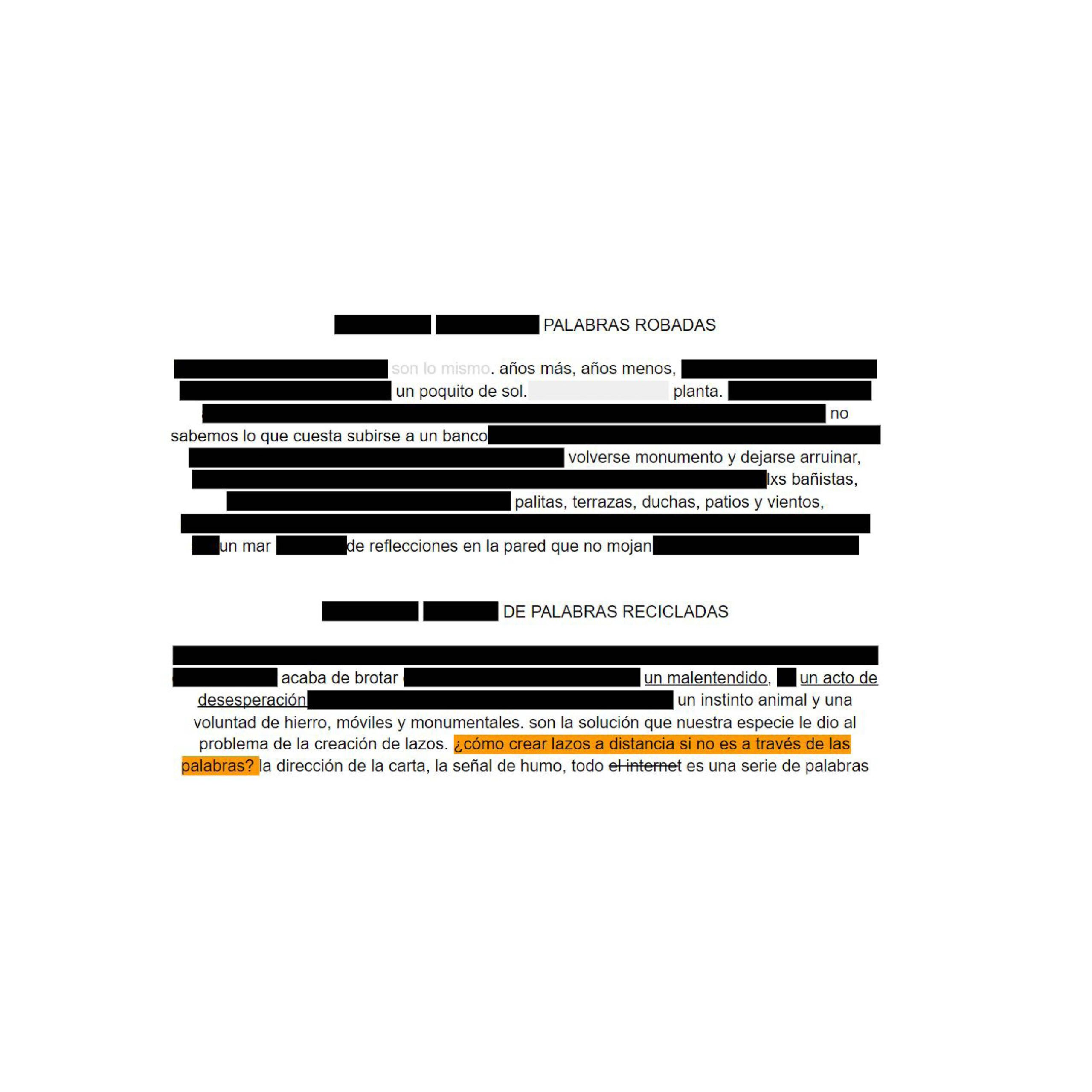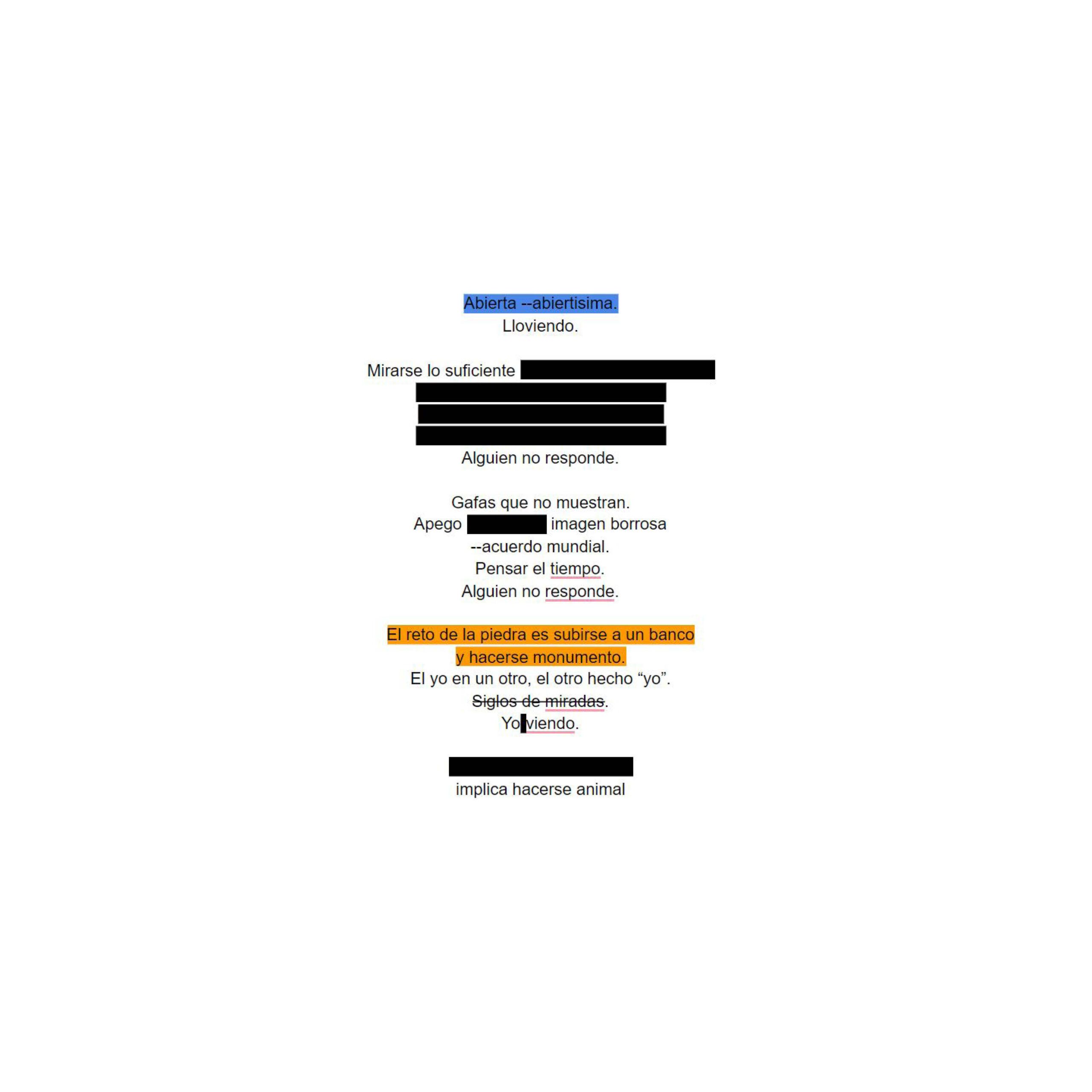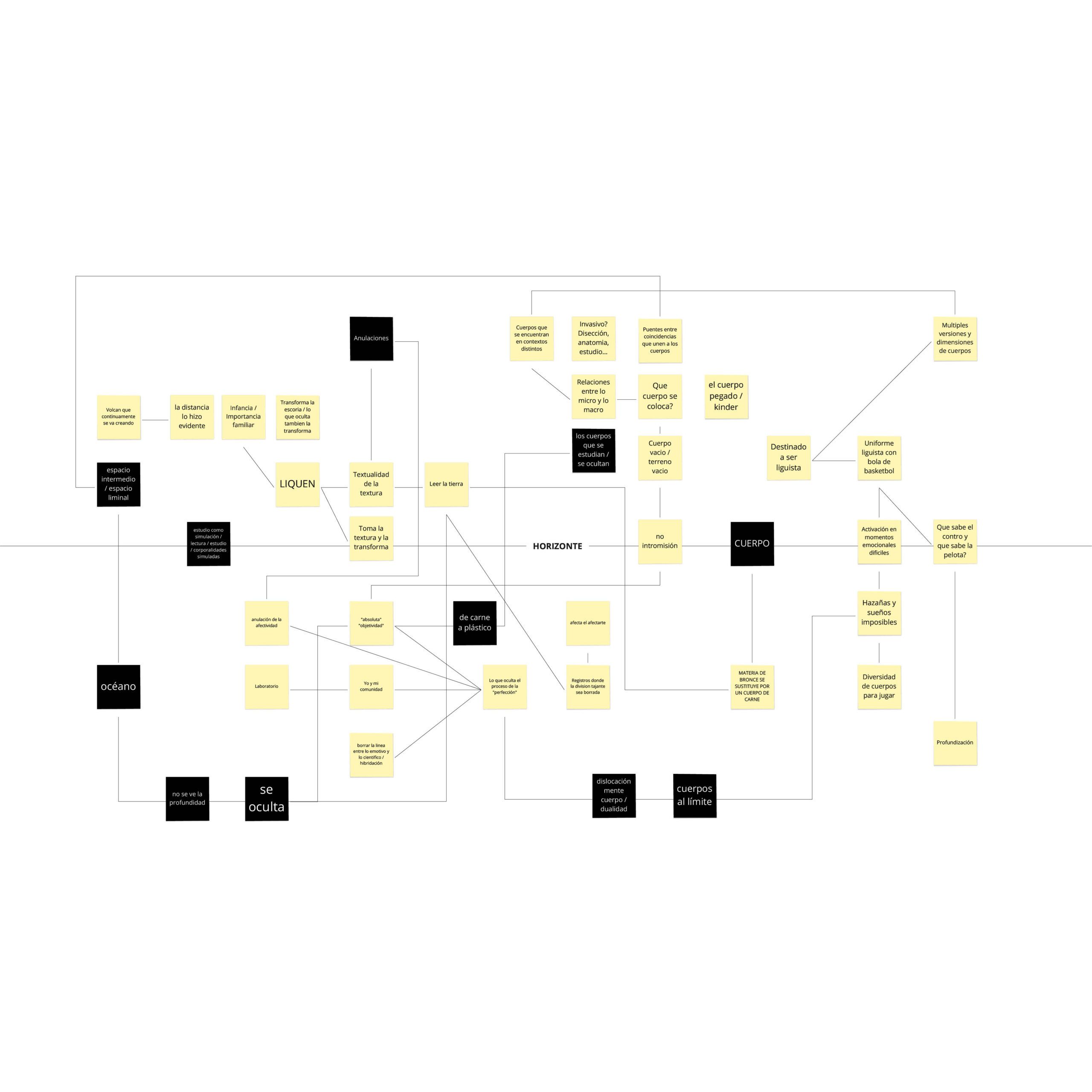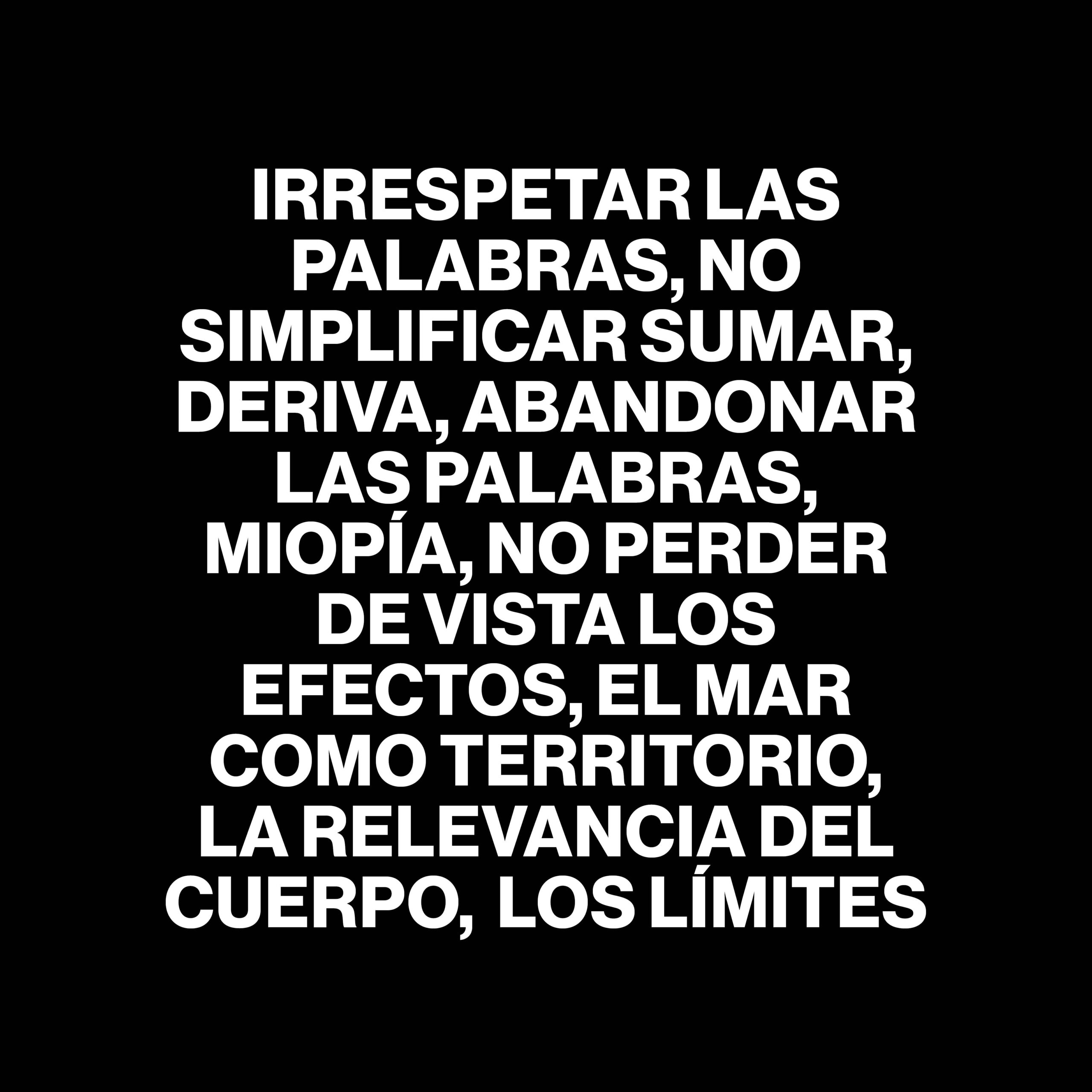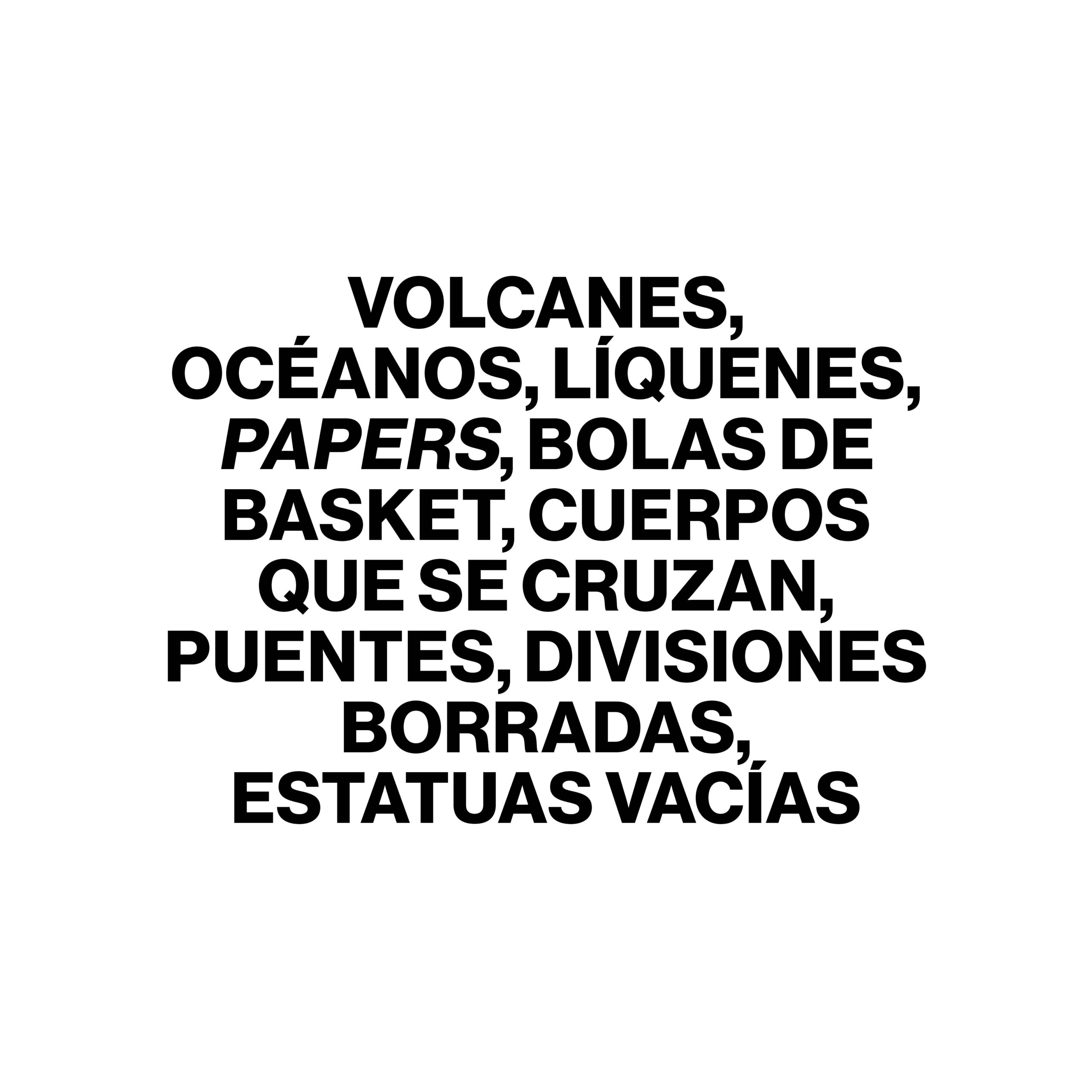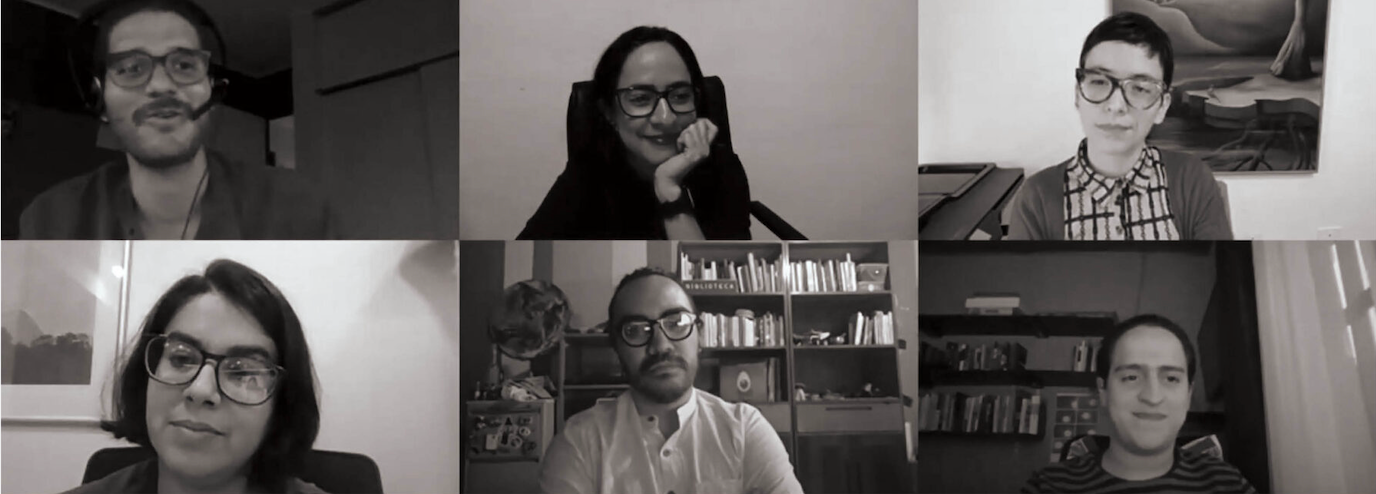LAB proposed by ARCHIPIELAGO, a research platform in arts, architecture and education based in Costa Rica, Central America. It aims to experiment with how ideas of slowness, blurriness and gentleness could be transversal methodologies for research, learning and mediation. The project explores two questions. How these concepts could be used as tools for creating learning experiences that sustain a global research group over time? And, How can we articulate rhizomatic de-centralized learning experiences that promote information exchange within the participants and nurture their subjectivities?
For this project, slowness refers to idiorhythmic learning processes that allow the proliferation of subjective tonalities and ways of acting. Blurriness is related to the openness of the learning experience, it is not set in a fixed thematic line but rather in a rhizomatic structure that drifts around related subjects. And finally, gentleness speaks of the tactile aspect of the experience, how it is based on the respect of others time and energy but also active listening of their urgencies and thematic interests. Slow, blur and gentle are both methods of work and conceptual prompts to unfold related research topics, such as ways of production and mediation of knowledge, ways of living, care, community, micropolitics among others.
The project will invite local and international researchers and practitioners in art, architecture and education to engage in a 3 to 5 month learning experience called Diagonal Encounters. The study group will be based on a decentralized methodology in which most of the collective learning process will be developed asynchronous and through the sharing of texts, reading materials, links and prompts between the participants. By allowing them to work in their own time, it will be possible to engage in a more paused communication that can be sustained over time. The outcome of the study group, bibliographical references and methodological prompts will be edited by ARCHIPIELAGO in a digital and printed publication at the end of the process.

